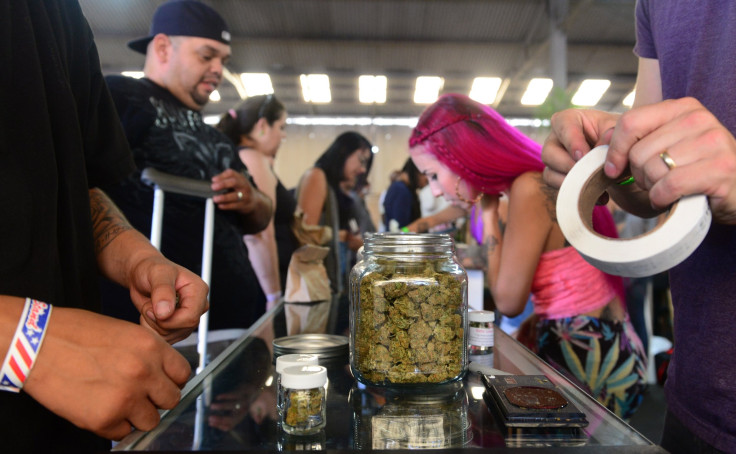High Medical Marijuana Prices In Minnesota Have Patients Using The Black Market For Their Medication

Minnesota’s medical marijuana program has only been running for the past two months, but it’s already experiencing backlash from a patient base that can’t afford its products. With insurance neglecting to cover medical marijuana’s high costs, many patients seeking the drug have reverted to the black market to get their medication. It all comes down to the restrictive nature of the program, which is preventing people from getting the medication they need.
According to state data, out of the 491 current registered patients, about one in five have not returned to buy medication after their initial purchase in August. And though state officials warn there could be multiple factors contributing to the lack of returning customers, the prices seem to speak for themselves.
Currently, a small vial of marijuana extract can cost up to $130 in Minnesota, almost twice as much as a similar product in Colorado. Minnesota companies hired by state officials to produce the medical marijuana, though, stand by their product and its price, claiming that the cost will drop soon. They also say they are working to help raise money to fund some of their buyers’ medication, especially for those who come from low-income households.
Patrick McClellan, one of the patients enrolled in the program, seeks medical marijuana to help spasms caused by muscular dystrophy. His current tab for oil and vaporizing pens, he told the Associated Press, runs him about $264 each month. But marijuana on the street will only cost him $80. “That’s a car payment,” McClellan said. “What we’re talking about is an expensive designer drug that only the rich can afford right now.”
Jonathan Holmgren, another patient in the program, who needs the medication for Crohn’s disease, said he’s experiencing a similar issue. Buying medical marijuana for his condition through the program landed him with a $2,000 bill, and now he is back to using the raw plant, which is illegal on both the state and federal level. Darrell Paulsen, too, has chosen not to pay $700 a month for the drug, which helps relieve spasms caused by cerebral palsy. He’s also returned to the black market to get his medication.
Unfortunately, the prices may prove to be a setback for a program that is already providing many people with help. Parents have reported an ease in their child’s epileptic seizures, while others with chronic pain disorders said their pain has vanished entirely.
Many blame the exorbitant prices on the harsh restrictions Minnesota’s government implemented on the program itself. Leaf products aren’t allowed, meaning that oil and pill products are the only form available — they’re also more expensive to make. One manufacturer has even delayed opening its distribution centers in the Minneapolis metro area, as well as raising its prices even more.
Minnesota also designed its program to have little competition; only two companies are allowed to produce medical marijuana. And with little competition, there’s nothing driving prices down. Meanwhile, in states like Colorado, where there aren’t similar restrictions, prices remain lower.
Despite the many success stories, it’s hard to tell whether prices will truly come down. Dr. Kyle Kingsley, chief executive at manufacturer Minnesota Medical Solutions, feels for patients reverting to the black market but is hopeful things will change. “It breaks my heart that there are folks that are not able to access the program financially,” he said. “We’re busting our hump to make that right. It will improve over time.”



























